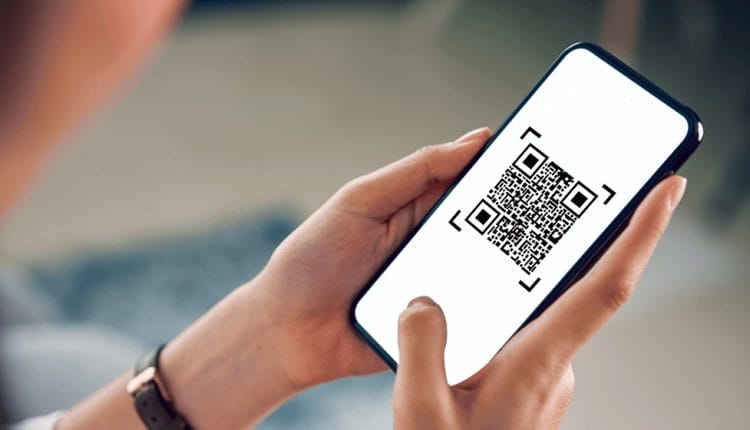What Are the Possible Dangers of QR Codes?
Accessing information and conducting transactions are just two examples of how QR codes have become essential to our digital life. But just like any other form of technology, QR codes have their own set of risks. In this piece, we’ll look at the dangers of using QR codes to stress the importance of being vigilant and wary when interacting with this increasingly widespread technology.
Cyber Threats: Viruses and Phishing
The vulnerability of QR codes to malware and phishing assaults is a major concern. It is simple for cybercriminals to generate fraudulent QR codes that, when scanned, take consumers to sites or apps designed to steal personal data. As shown by ExpressVPN, the dangers of QR codes lie in their design, as malicious codes can be found anywhere and cannot be distinguished from legitimate ones. Identity theft, financial fraud, and illegal access to private data are some risks consumers face when encountering these misleading codes, which can be hidden anywhere, from real products to online platforms.
Criminal Activity
Attackers can forge or alter QR codes, transferring funds to their accounts. Criminals may change QR codes on product packaging or advertising materials, tricking customers into sending money to fake accounts. The loss of customer trust and damage to a company’s reputation can be just as devastating as financial losses.
Predatory Social Engineering
Social engineering can also benefit from the use of QR codes. To gain access to private information or induce users to commit uncharacteristic behaviors, attackers can generate QR codes that look legitimate. A QR code might trick people into installing malware on their phones or giving away personal information under the guise of a tempting reward or special offer.
Free-Range Material
Websites, videos, and files are all fair game for QR codes. The absence of regulation creates opportunities for harm. Users that scan QR codes may be sent to inappropriate or harmful websites, such as those featuring pornographic, violent, or hateful material. With inadequate monitoring and security measures, this becomes a significant issue in public areas where QR codes are prominently displayed.
Lack of awareness
Yet, many people continue using QR codes without realizing their risks. Scanners are so widely used and convenient that people may ignore their potential dangers. As a result, they are more likely to fall prey to fraud, viruses, and other forms of online harm. Mitigating these hazards requires widespread education and promotion of ethical QR code usage.
Security Worries
Many people will allow access to their cameras, location services, and other sensitive information to scan a QR code. Although this is required for some lawful uses, it does make people nervous about their personal information being compromised. In the worst-case scenario, the user’s personal information could be stolen or compromised if the QR code or the material it links to is malicious.
Personal Data May Be Shared with Unauthorized Parties
After scanning a QR Code, your phone may call or text the specified number. The recipient of your phone number will be disclosed. Although it may not seem important, there are numerous ways in which your phone number is associated with your identity. Anyone may look out for a phone number’s owner’s name, address, and social media profiles using free, easily accessible online resources.
Threat to Your Location’s Security
If you’ve ever been late to an event and needed to find the venue fast, you know how convenient it is to scan the corresponding Google Maps QR Code. On the other hand, scanning a QR code might automatically gather information about your general position and communicate it to a third party, violating your right to privacy regarding your location.
You should also be aware that malicious QR codes have a small probability of taking over your smartphone if the software you use to scan them is vulnerable. Scan the QR code, and the assault will be successful even if you don’t visit the link it contains. You should only use the QR code scanning software provided by your device’s maker to protect yourself from potential harm.
Conclusion
No one can deny the profound impact of QR codes on how we use technology and conduct business. The possible risks they present, however, must not be ignored. Several threats are linked with QR codes, including malware and phishing assaults, fraudulent practices, social engineering exploitation, uncontrolled material, a lack of user understanding, and privacy problems.
To avoid potential security issues, users should be wary when scanning QR codes, ensure that the codes they are reading are legitimate, and choose a trusted QR code scanning app that includes security options. With the proliferation of QR codes, authorities, developers, and users must collaborate to define best practices, strengthen protections, and encourage responsible use. Get ExpresVPN today, a trustworthy VPN service, to limit possible security risks by masking your online identity.



Comments are closed.